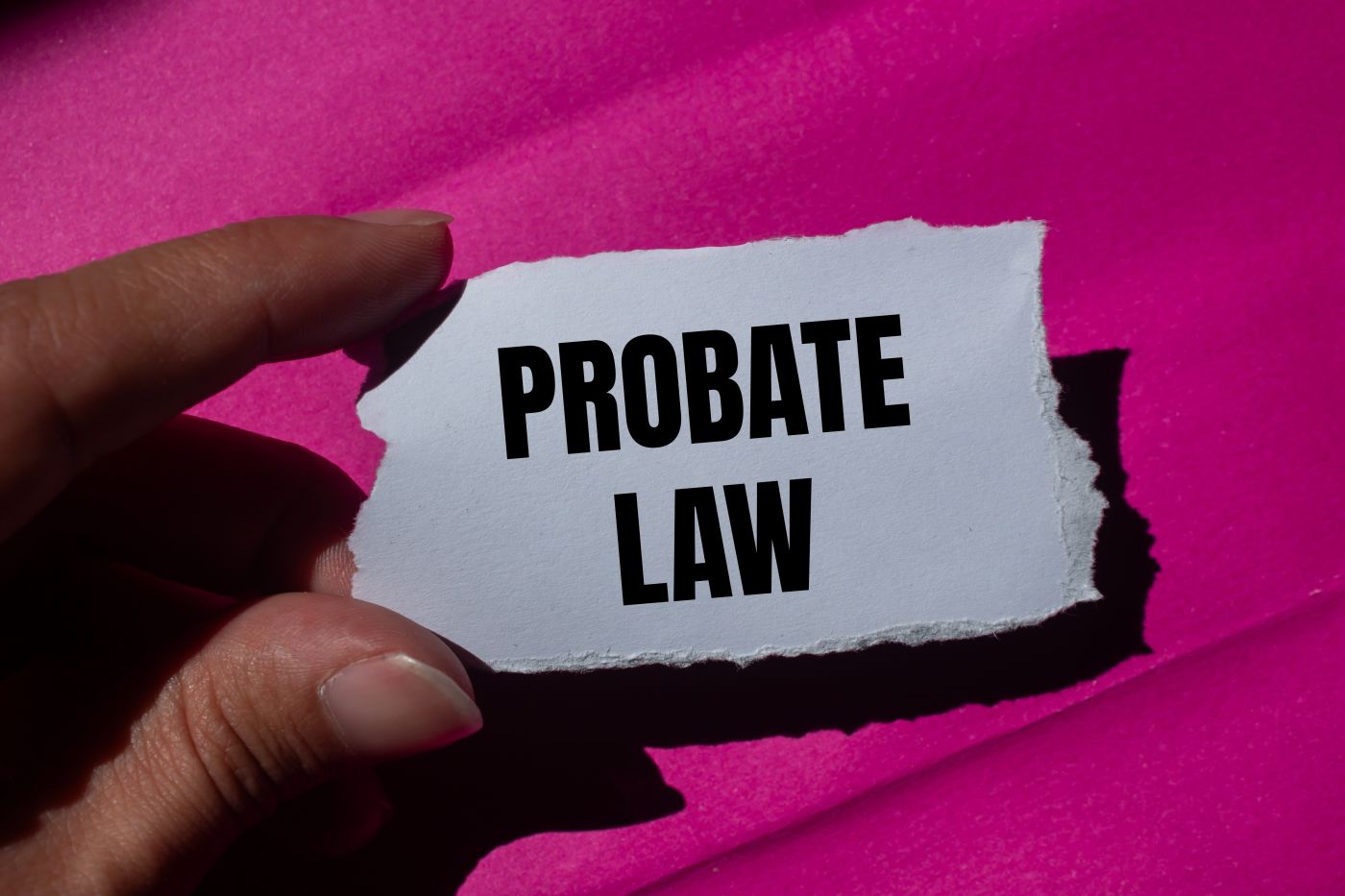
How Long Does Probate Take in Washington D.C.?
Probate—a term that often carries equal parts confusion and stress for those navigating through it. Whether you're managing the estate of a loved one or planning your own, understanding the probate process is key to ensuring smooth transitions. For those in Washington D.C., the specific requirements and timelines of local probate laws are critical.
This blog breaks down the probate process in Washington D.C., addresses the factors influencing its duration, and provides actionable tips to help you ensure a seamless probate experience. If you're wondering "how long does probate take?", you're in the right place.
What is Probate and Why Does it Matter?
Probate is the legal process of validating a will, identifying and inventorying a deceased individual’s assets, settling debts, and distributing the remaining estate to beneficiaries. While the process ensures fairness, compliance with laws, and the proper administration of an estate, it can also feel daunting due to its complexity and time-consuming nature.
Luckily, legal experts—like the ones at Washington Law Partners—are here to simplify the experience and guide you through it every step of the way.
An Overview of Probate Laws in Washington D.C.
Like each state, Washington D.C. follows specific probate rules that influence its timeline and procedures. Here’s a quick snapshot of D.C.'s probate essentials:
Small Estates vs. Large Estates
If an estate’s value is $40,000 or less, it qualifies for a streamlined small estate process, which is typically quicker. Larger estates must go through the formal probate process.
The Role of the Register of Wills
The Register of Wills in Washington D.C. oversees probate cases. Executors or personal representatives must file the will and necessary documents here to initiate the process.
Bond Requirement
Executors may need to post a bond to safeguard the estate’s assets, though this can be waived if specified in the will.
These laws define the foundation, but the specific timeline depends heavily on multiple factors.
Factors That Affect the Duration of Probate
There isn't a one-size-fits-all answer to "how long does probate take?". The timeline varies depending on several factors:
Estate Complexity
Estates with numerous assets, properties, or investments—particularly ones spread across various jurisdictions—require more time to inventory and evaluate.
Will Contests
Disputes among beneficiaries or claims contesting the will’s validity can significantly extend the probate period.
Debt and Tax Obligations
The process of verifying, settling, and disputing debts or paying estate taxes can cause delays.
Small Estate vs. Formal Estate
Smaller estates typically go through a simplified administration, cutting down on time.
Court Backlogs
The volume of active cases at the probate court can slow the overall process.
Executor Efficiency
Executors unfamiliar with the process or slow to act on their responsibilities can create bottlenecks.
Understanding these variables can help you set realistic expectations and prepare to address common challenges.
Average Time for Probate in Washington D.C.
On average, the probate process in Washington D.C. takes six months to a year for formal estates. However, small estates can often be wrapped up in as little as three to five months, thanks to the simpler administrative requirements. More complex cases—such as those involving disputes or contested wills—can take multiple years to resolve.
Tips to Expedite the Probate Process
While some aspects of probate are outside your control, proactive strategies can help streamline the process:
Work with an Experienced Probate Attorney
Experts like those at Washington Law Partners can guide you through the process while avoiding unnecessary delays.
Organize Documents Early
Ensure all financial records, deeds, account information, debt details, and the will are ready and accessible.
Communicate Clearly with Beneficiaries
Transparent communication with beneficiaries can prevent misunderstandings and reduce disputes.
Pay Debts Promptly
Settlement of debts and liabilities should be handled swiftly to avoid complications down the road.
File Taxes Quickly
Meet all tax filing deadlines, and work with a tax professional if necessary to minimize delays.
Leverage Small Estate Procedures (if applicable)
If the estate qualifies as a small estate, take advantage of the expedited process for faster resolution.
Alternatives to Probate in Washington D.C.
While probate serves an essential role in estate distribution, it’s not always the best option. Alternatives can help sidestep the process entirely:
Revocable Living Trusts
A living trust lets you bypass probate by transferring ownership of assets to a trust during your lifetime. After death, the trustee can distribute the assets directly to beneficiaries.
Payable-on-Death (POD) Accounts
Designating beneficiaries for your bank accounts allows funds to transfer without going through probate.
Joint Ownership
Property titled as joint ownership with the right of survivorship automatically transfers to the surviving owner when one owner passes.
Working with an experienced probate attorney during estate planning can help you decide if these alternatives align with your long-term goals.
Navigate the Probate Process with Confidence
Probate doesn’t have to be daunting. With the right guidance, you can tackle the challenges confidently and keep delays to a minimum. Washington Law Partners has helped countless individuals in Washington D.C. successfully manage probate, offering expert counsel and personalized strategies every step of the way.
If you’re navigating an estate or planning for the future, reach out to us today. Contact Washington Law Partners to learn more about how we can simplify the probate process and tailor solutions to meet your unique needs.
Get clarity. Get expert support.
Call us now at 202-670-3958 or schedule a consultation today.
